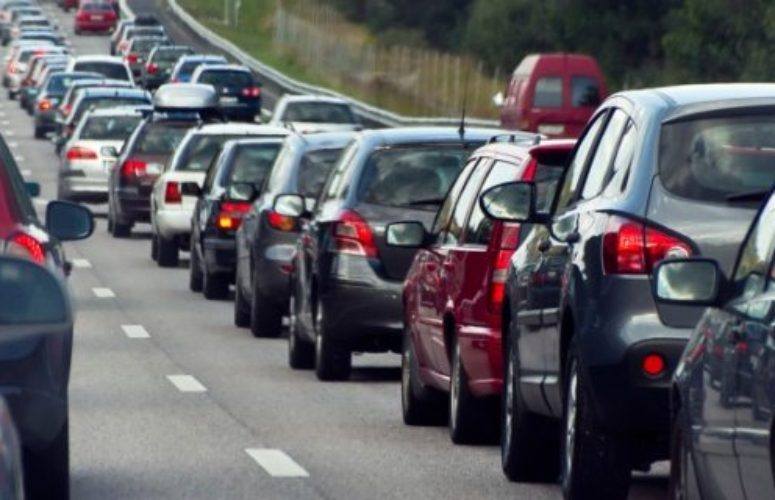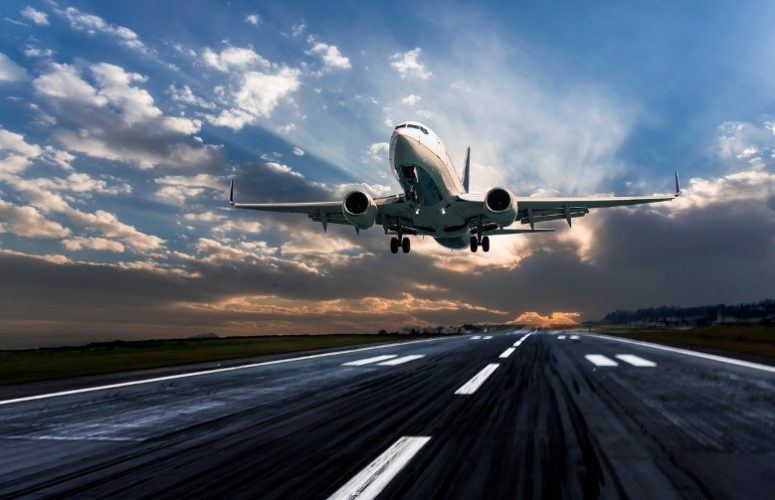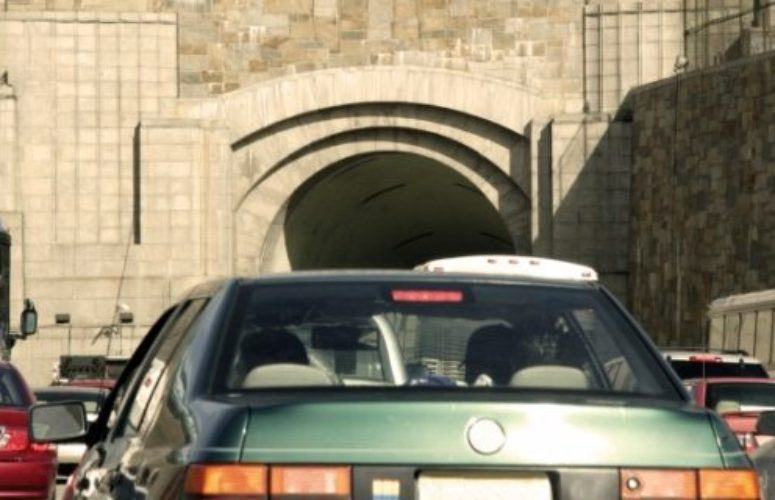
AAA Expects About One Million New Jerseyans to Get Away This Memorial Day Weekend
On May 25, 2018As Memorial Day approaches, Americans will kick off the (unofficial) start of the summer season by traveling in near-record numbers. According to AAA, more than 41.5 million Americans will travel this Memorial Day weekend, nearly 5 percent more than last year and the most in more than a dozen years. That number includes about one million travelers from New Jersey, a 4.8 percent increase from the 973,000 that traveled in 2017. This is the highest volume of New Jersey travelers since 2005, when 1.2 million residents hit the roads, skies, rails and waterways to kick off summer.
“The highest gas prices since 2014 won’t keep travelers home this Memorial Day weekend,” said Robert Sinclair, Manager of Media Relations for AAA Northeast. “A strong economy and growing consumer confidence are giving Americans all the motivation they need this Memorial Day Weekend to kick off what we expect to be a busy summer travel season.”
Memorial Day leads into the summer driving season, so the majority of travelers will drive to their destination. The Memorial Day holiday travel period is defined as Thursday, May 24 – Monday, May 28.
TRAVEL BY THE NUMBERS
Automobile
- New Jersey – 918,847 (90% of travelers), a 4.7% increase from last year.
- Nationally – 36.578 million (88.1% of travelers), a 4.7% increase from 2017.
Air
- New Jersey – 71,138 (7% of travelers), an increase of 7.1% from those who flew in 2017.
- Nationally – 3.13 million (7.5% of travelers), an increase of 6.8% from last Memorial Day.
Train, Bus, Watercraft or Other Mode
- New Jersey – 30,137 (3% of travelers), a 0.7% increase from Memorial Day 2017.
- Nationally – 1.797 million (4.3% of travelers), an increase of 2.4% from last year.
Higher gas prices won’t impact Memorial Day road-trippers
The 88 percent of travelers choosing to drive to their Memorial Day Weekend destinations will pay the most expensive gas prices since 2014. Gas prices averaged $2.72 in April, an increase of 33 cents from last year, due to expensive crude oil, record gasoline demand and shrinking global supply. However, these higher prices are not keeping holiday travelers home, with automobile travel expected to increase for the fourth straight year, by nearly 5 percent over last Memorial Day.
The national average price for a gallon of gas is $2.92, 58 cents higher than last year. In New Jersey, today’s average price for a gallon of gas is $2.99, 62 cents higher than last year. Gas prices spiked all around the region this week, with the largest increase in New York, where the average price jumped seven cents to today’s average price of $3.07 ($3.00). The average price of gas increased six cents in Connecticut to $3.10 ($3.04) and four cents in Pennsylvania to $3.08 ($3.04).
Memorial Day gas prices, average per gallon, in New Jersey since 2013
2018: $2.99 (as of May 21, 2018)
2017: $2.40
2016: $2.15
2015: $2.53
2014: $3.49
2013: $3.42
Tips for drivers
AAA expects to provide aid to more than 340,000 motorists at the roadside during the Memorial Day holiday travel period, with the primary reasons being lockouts, flat tires and battery-related issues.
Before hitting the road, AAA recommends motorists make sure their vehicles are road-trip ready. Make a good B-E-T to stay on the road this summer by having your Battery tested, looking for Engine coolant leaks and checking Tire condition.
Be prepared for emergencies with a mobile phone and car charger, a flashlight with extra batteries, a first-aid kit, a basic toolkit, and drinking water and snacks for all passengers.
Even with preplanning, unexpected emergencies can still occur. Members can download the AAA Mobile app, visit AAA.com or call (800) AAA-HELP (222-4357) to request roadside assistance.
AAA and INRIX warn against the worst times to hit the road
For the millions of Americans traveling by automobile, INRIX, in collaboration with AAA, predicts drivers will experience the greatest amount of congestion on Thursday, May 24 and Friday, May 25 — in the late afternoon as commuters leave work early and mix with holiday travelers. Several major U.S. metro areas could experience double the travel times compared to a normal trip, while New Yorkers could see three times the delay.
“Ranked the most congested country in the world, U.S. drivers are all too familiar with sitting in traffic,” said Graham Cookson, Chief Economist and Head of Research, INRIX. “Drivers should expect congestion across a greater number of days than in previous years, with the getaway period starting on Wednesday, May 23. Our advice to drivers is to avoid peak commute times in major cities altogether — traveling late morning or early afternoon — or plan alternative routes.”
To access more business news, visit njbmagazine.com
Related Articles:





